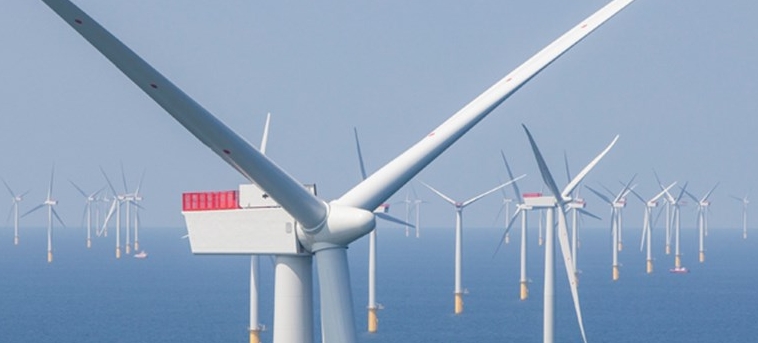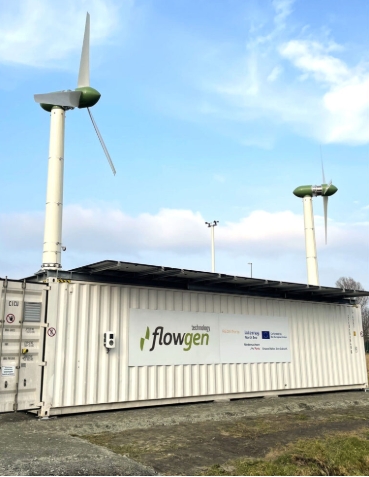
With global energy demand increasing, coupled with the urgent need to decarbonise the current energy mix, using hydrogen as an alternative to fossil fuels has catapulted to the forefront of the debate.
Having played an important role in Britain’s transition to a low-carbon future, the UK’s Committee on Climate Change anticipates hydrogen playing a central role in achieving a net-zero economy.
Hydrogen is expected to play a key role in meeting the need for clean fuel for both energy storage and transport purposes – a key element of a proposed hydrogen economy, in addition to increasing the energy efficiency of electricity production.
Advocates argue that it is an essential counterpart to renewable generation, providing a means of storing energy to overcome intermittency and balance supply with demand.
Being the most abundant element in the universe, proponents argue that it is the perfect solution to existing needs across the entire energy spectrum.
However, developing a hydrogen-based energy system is without its challenges. Several technical, policy and investment steps are still needed to evolve the hydrogen industry, alongside the continued rapid growth of renewables. Lack of infrastructure requirements and high costs still need addressing.
Perhaps the biggest challenge for the hydrogen economy is the way is it produced. Currently most hydrogen is made from natural gas, through steam reforming which causes the release of CO2.
That said, most experts anticipate the economic feasibility of producing hydrogen from water via electrolysis, using renewable electricity. However, for this to be widely deployed costs will need to fall significantly and with greater efficiency in the process itself, which at present consumes more energy than it produces. Next generation electrolysis promises much higher efficiency gains. Could this mean that, powered by renewable energy, the costs of hydrogen production will fall?
Globally we are seeing cost-competitive intermittent renewables such as solar and wind being widely deployed, arguably making the case for using large amounts of hydrogen to balance electricity systems stronger.
“Power to gas” – the use of surplus electricity produced from intermittent technologies being repurposed to produce hydrogen to store for periods when renewable electricity supplies are interrupted or reduced – would reduce curtailed renewables, thereby decreasing costs and linking the gas and power markets (or “sector coupling”).
In order to scale up production and reduce costs, the hydrogen and fuel cell industry need a mass market – in addition to a secure future pipeline, which is a potentially a key enabler of a wholly renewables-based energy system.
“To achieve the targets by 2050, the UK needs to develop hydrogen production capacity of comparable size to the UK's current fleet of gas-fired power stations, with a combined capacity of around 32GW,” it has been reported. In Brussels, there is consensus that the EU needs carbon-free gas to deliver a net-zero emissions economy in 2050. The points of contention are how much is needed, where it will be used, and how to realise it?
In terms of industrial policy, the European Commission recommends developing a power-to-gas sector. The issue here again is economics. It is currently more economic to use a battery or demand response solutions to deal with these fluctuations in supply. Of course, hydrogen is competing with proponents of other technologies – for example, energy storage technologies such as low-cost lithium-ion batteries, which are not only being increasingly used in stationary storage applications but also in electric vehicles.
Nevertheless, policy makers in the EU are keen to get things moving. Germany and Japan are already leading the way on hydrogen as a result of their conducive industrial policies.
Currently, some of the challenges facing the use of hydrogen look significant, but the renewables market has shown that extraordinary commercial progress is achievable. Can this success be replicated?







